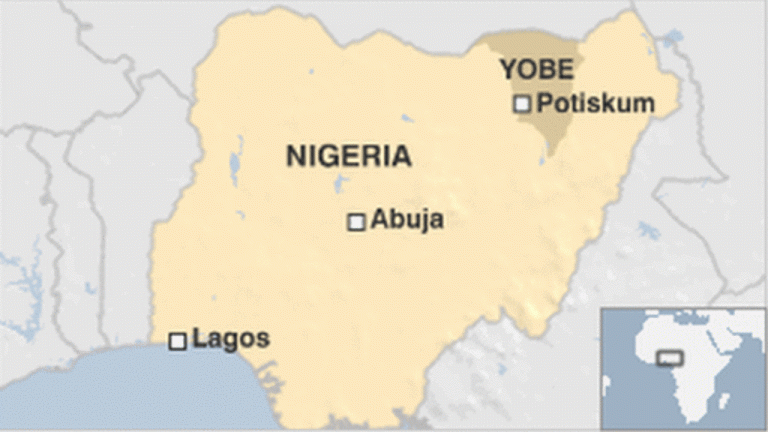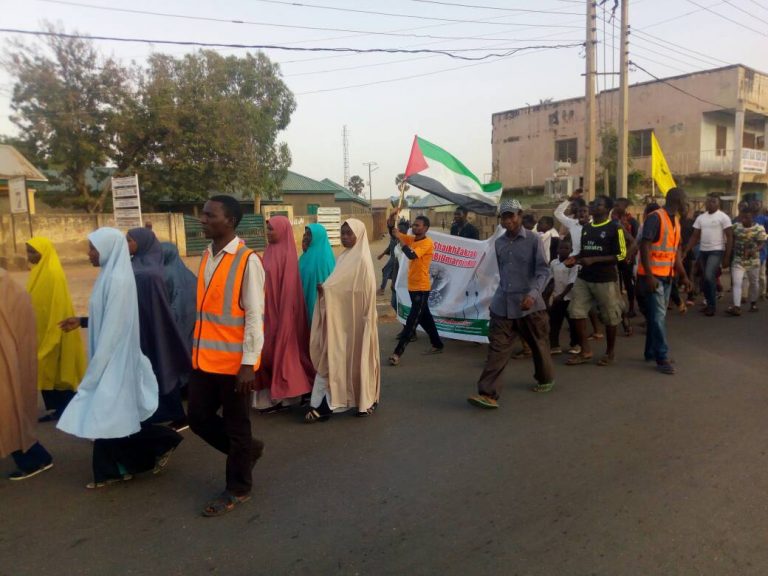In a post the post 7-7 era, pressure on Muslims has increased in all spheres of life. One such area that has come under the new banner of ‘education and extremism’ is the life of Muslim students in British universities.
To read the full briefing, please click here.
TABLE OF CONTENTS
Foreword 2
Introduction 3
- Extremism on Campus: Myth or Reality?
CASE STUDY: Hizb ut-Tahrir 9 - Inherent Racism in the Debate 11
CASE STUDY: ‘The Birmingham 14’ 12
CASE STUDY: Imperial College Niqab Ban 13 - Palestine 15
CASE STUDY: School of Oriental and African Studies 15
CASE STUDY: Nasser Amin 16
CASE STUDY: Tariq Ramadan 18 - “McBlairism” 20
- Terrorism Bill 2005 22
Encouragement of Terrorism 22
Dissemination of Terrorist Publications 23
Training for Terrorism 23
CONCLUSION 24
Foreword
In a post the post 7-7 era, pressure on Muslims has increased in all spheres of life. One such area that has come under the new banner of ‘education and extremism’ is the life of Muslim students in British universities.
A nefarious link has been made between the gaining of tertiary education by Muslims, their social and political activism on campus and a threat to homeland security. The resulting security discourse resounds with calls for clampdowns on Muslims students and academic freedom.
This briefing seeks to explore some of the contentions made as a prelude to serious structured work on the issue – work that this report contends needs to be conducted with greater academic rigour than has been seen hitherto. Many of the justifications used for interference on campus emanate from the Glees / Pope report, the methodology of which is seriously called into question. As the following shows any number of counter arguments can be made using the same methodology.
What is required is serious academic study and debate, not a devaluation of these processes as a precursor to terrorism.
——————————————————
Islamic Human Rights Commission
PO Box 598
Wembley
HA9 7XH
United Kingdom
Telephone (+44) 20 8904 4222
Fax (+44) 20 8904 5183
Email: info@ihrc.org
Web: www.ihrc.org.uk






